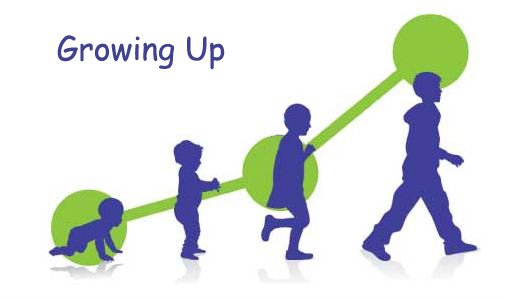When many couples divorce, they expect their Parenting Plan to cover the time-sharing for their child until the child has graduated from high school. While that is possible, that might not be in the best interests of their child. Also, the day-to-day lives of the parents can change and, as a result, the terms of the Parenting Plan become unworkable. The following are six common post-divorce problems that can (and maybe should) effect time sharing.
- Remarriage – It is important to consider the impact that a parent’s new romantic relationship will have on the child. Each child will react differently in such a situation. The timing and frequency of these types of events can also have an impact on the child. It may be wise to consult with a mental health professional before (or during) making too many big changes too quickly.
- Job Loss – Often, unforeseen circumstances lead to one, or both, parents losing their job. Just as it would if the parents were still together, job loss has a big impact on the lives of both parents and the child. Due to the loss of income, a parent receiving child support may be able to have the other parent’s child support obligation increased. Similarly, a parent who pays child support can potentially have their child support obligation reduced due to their loss or reduction in income (while including unemployment or severance pay). Whether you think the child support should be increased or decreased, it is important to ask the court to make a change. Modifications are usually only retroactive to the date the parent asked to court to make the change – not the date they lost their job.
- Relocation – Obviously, moving the child far away from a parent who has been involved in the child’s life will impact that relationship and the child. The Florida Statutes require either court permission or the other party’s consent when a relocation of more than 50 miles is proposed. Please read more on what I have written about relocation.
- Changing Needs of the Child – A child’s needs change as they get older. What might have worked great for a 2-year-old child might not meet the needs of a 12 or 17-year-old child. It’s common for one parent to be the primary caregiver for a small child. A 50/50 time-sharing arrangement might not work well for a 2-3 year old child. However, such a schedule might be better for a teenager. Perhaps a child could benefit from an amended schedule due to academic reasons or involvement in extracurricular activities. It is also important to note than a change in the time-sharing schedule may involve a change in the child support amount since the number of nights that each parent spends with the child is a factor in the child support calculation.


